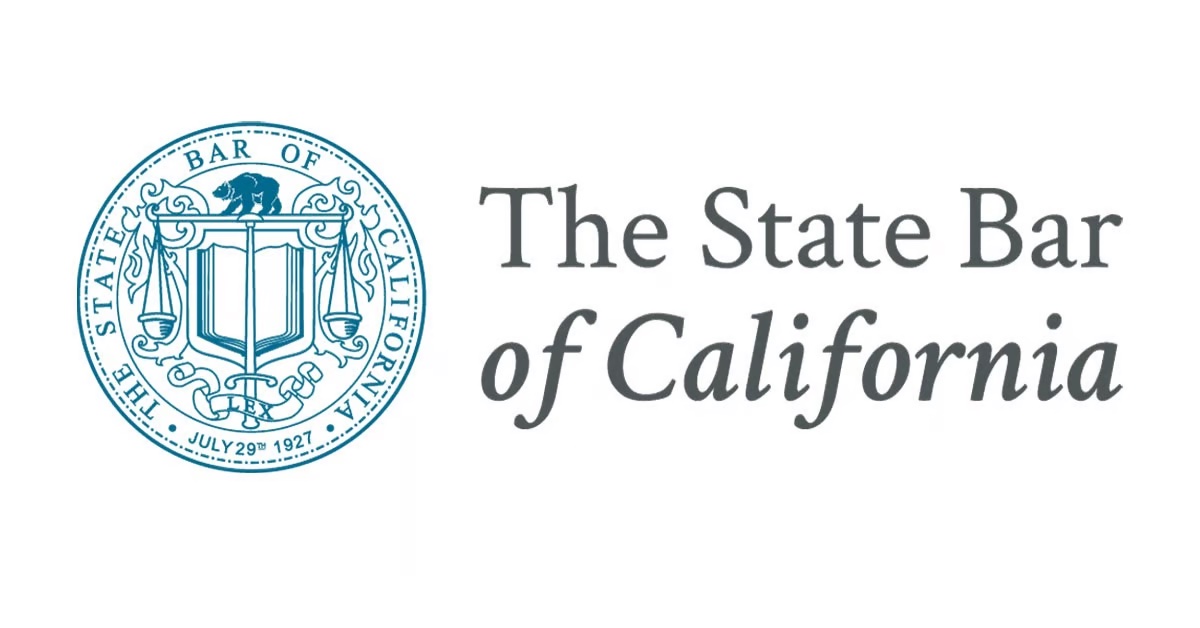and Probate Law Firm
Charitable Trusts in California
Creating a charitable trust in California involves setting up a legal entity that is dedicated to supporting charitable causes or organizations. Charitable trusts have specific rules and regulations to follow to ensure their compliance with both state and federal laws. Here’s a general outline of how to establish a charitable trust in California as seen from the perspective of a Folsom lawyer who specializes in estate planning:
- Define Your Charitable Purpose: Determine the charitable purpose or mission of your trust. This could involve supporting specific causes, organizations or initiatives that align with your philanthropic goals.
- Choose the Type of Charitable Trust:
- Charitable Remainder Trust (CRT): Provides income to beneficiaries (such as yourself or loved ones) for a specified period, with the remaining assets going to charity.
- Charitable Lead Trust (CLT): Provides income to charity for a specified period, after which the remaining assets go to non-charitable beneficiaries.
- Charitable Gift Annuity (CGA): Involves a gift to a charitable organization in exchange for regular fixed payments to the donor or other beneficiaries.
- Donor-Advised Fund (DAF): A simpler alternative to a trust, where you contribute assets to a fund managed by a charitable organization, and you recommend grants to other charities over time.
- Choose the Charitable Organizations: Decide which charitable organizations or causes you want to support with your trust’s assets.
- Draft the Trust Document: An estate planning attorney will help you create the trust document, which should clearly outline the trust’s purpose, beneficiaries, assets, and the distribution process. It should also specify how the trust will be managed and its duration.
- Fund the Trust: Transfer assets into the trust, which could include cash, securities, real estate, or other valuable property. This transfer typically involves legally changing the ownership of these assets to the trust. One of the most common mistakes in setting up a charitable trust is that clients fail to properly fund assets into the trust, so particular attention should be paid to this aspect.
- Appoint Trustees: Choose one or more trustees responsible for managing the trust’s assets and ensuring the charitable goals are met. Trustees must act in the best interest of the trust’s charitable purposes.
- File Necessary Forms: Depending on the type of trust and your specific situation, you may need to file certain forms with the California Department of Justice’s Charitable Activities Section or the Internal Revenue Service (IRS) to establish tax-exempt status.
- Maintain Records and Compliance: Keep accurate records of trust activities, including income, expenses, and distributions. Ensure the trust remains in compliance with both state and federal laws.
- Distribute Funds to Charities: Carry out the trust’s purpose by making distributions to the selected charitable organizations based on the terms of the trust document.
- Annual Reporting: Charitable trusts in California may be required to file annual reports or tax returns. Ensure compliance with any reporting obligations.
- Consider Ongoing Legal and Financial Advice: It’s advisable to periodically have your attorney review and update the trust as necessary, especially if circumstances change or if you want to adjust the trust’s beneficiaries or purpose.
Summary
Establishing a charitable trust in California can be a powerful way to support causes you care about while potentially gaining tax benefits. However, the process can be complex, so working closely with an experienced Folsom estate planning lawyer and possibly a financial advisor is highly recommended to ensure your charitable goals are achieved in compliance with all relevant laws and regulations. If you have any questions about charitable trusts or the estate planning process, please give us a call or send us a message.







